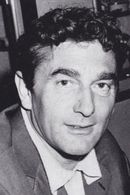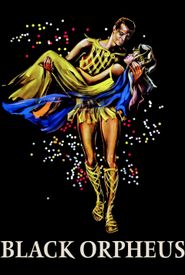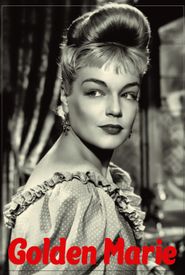Marcel Camus' cinematic endeavors are distinguished by a lyrical quality that, although pivotal to his outstanding films of the 1950s and 1960s, such as Fugitive in Saigon (1957),Black Orpheus (1959),and Love in the Night (1968),later devolved into superficial sentimentality.
Prior to venturing into the world of filmmaking, Camus was a professor of painting and sculpture. He eventually transitioned into the film industry as an assistant to renowned directors like Alexandre Astruc, Georges Rouquier, and Jacques Becker. During this period, he created his first film, a short documentary titled Renaissance Du Havre (1950).
Like many French filmmakers who had the opportunity to direct a feature film in the post-war era, Camus chose to explore the theme of personal sacrifice in the context of war. However, unlike most of his contemporaries who dealt with World War II, Camus focused on the war in Indochina. Based on a novel by Jean Hougron, Fugitive in Saigon depicts a village caught between two fronts, with its only hope for survival being the destruction of a dam that it relies on.
Camus then collaborated with scenarist Jacques Viot on three films. The first, Black Orpheus, brought him international acclaim, winning the 1959 grand prize at Cannes and an Academy Award for Best Foreign Language Film. This exotic modern adaptation of the Greek legend portrays Orpheus, a streetcar conductor played by Breno Mello, as he meets his Eurydice, played by Marpessa Dawn, and lives out his legendary destiny during the Carnival in Rio de Janeiro.
The subsequent two Camus-Viot collaborations, Os Bandeirantes (1960) and L'oiseau de paradis (1962),received generally positive reviews, although neither managed to surpass the expectations created by Black Orpheus. Love in the Night (1968),an affecting portrait of nocturnal Paris, proved successful, while Un été sauvage (1970) was generally recognized as an inauthentic and superficial evocation of young people on vacation in Saint-Tropez.
Camus then returned to the subject of war, this time with a gentle comedy about a Normandy restaurant owner who becomes a hero of the Resistance despite himself. Le mur de l'Atlantique (1970) offered a rich role for comic actor Bourvil, but was essentially a routine commercial product. This unfortunate trend continued with Bahia (1976),and some unexceptional work for French TV.
















